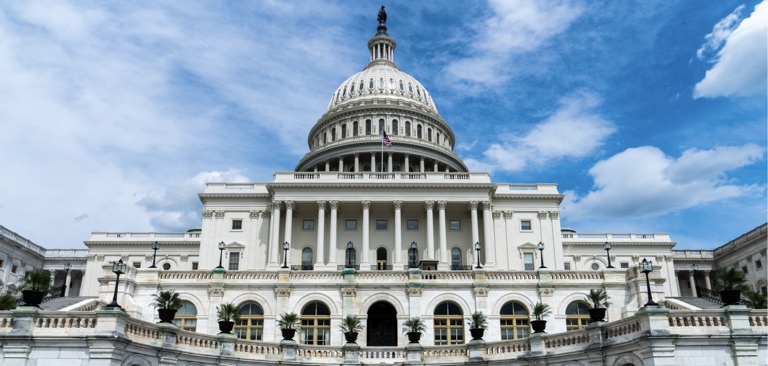The recently unveiled COVID-19 stimulus bill contains a series of measures that not only have nothing to do with the coronavirus but could lead to prison time and huge fines for creators and providers of video sharing services that are accused of copyright infringement.
The controversial copyright-related amendments to the bill are listed under “TITLE II—INTELLECTUAL PROPERTY.”
The first of these amendments is “2319C. Illicit digital transmission services” which will make it illegal for a person to “willfully, and for purposes of commercial advantage or private financial gain” provide a “digital transmission service” to the public that is “primarily designed or provided for the purpose of publicly performing works protected under title 17 without the authority of the copyright owner or the law.”
This amendment proposes up to 10 years in prison for repeat offenses.
Existing copyright law contains a provision for fair use that allows copyrighted material to be used without permission from the copyright holder in certain circumstances (for example, if the use is deemed to be “transformative” because it adds new expression or meaning to the original work).
However, because creators have to prove fair use in court, copyright holders often abuse the system and use copyright claims to take down content that meets the criteria for fair use.
This “Illicit digital transmission services” amendment could open the door for similar types of abuse that are targeted at the providers of video-sharing platforms and leave them facing the threat of prison time unless they remove content that meets the criteria for fair use but has been hit with questionable copyright claims.
Another controversial amendment is the inclusion of the “Copyright Alternative in Small-Claims Enforcement Act of 2020” (the CASE Act). This amendment proposes the introduction of a Copyright Claims Board (CCB) within the US Copyright Office which makes it easier for copyright holders to file copyright claims and collect damages. The bill also proposes fines of up to $30,000 per case.
The CASE Act was first proposed last year and has faced heavy criticism. Digital rights groups the Electronic Frontier Foundation (EFF) has warned that the bill makes it almost impossible for those accused of copyright violations to appeal and that it could bankrupt regular internet users.
Digital rights group Fight for the Future slammed the inclusion of the CASE Act in this COVID-19 stimulus bill:
“This is atrocious. We’re facing a massive eviction crisis and millions are unemployed due to the pandemic, but Congressional leaders could only muster $600 stimulus checks for COVID relief, but managed to cram in handouts for content companies like Disney? The CASE Act is a terribly written law that will threaten ordinary Internet users with huge fines for everyday online activity. It’s absurd that lawmakers included these provisions in a must-pass spending bill.”
Fight for the Future also called House and Senate leaders to “remove the copyright provisions from the Continuing Resolution and move them through regular order so we can have transparent and open debate about the right balance” and urged lawmakers to “create a fair system that protects human rights and ensures artists are fairly compensated instead of ramming through poorly crafted legislation that could punish ordinary Internet users for engaging in everyday activities like sharing memes and downloading images online.”
If you're tired of censorship and dystopian threats against civil liberties, subscribe to Reclaim The Net.









